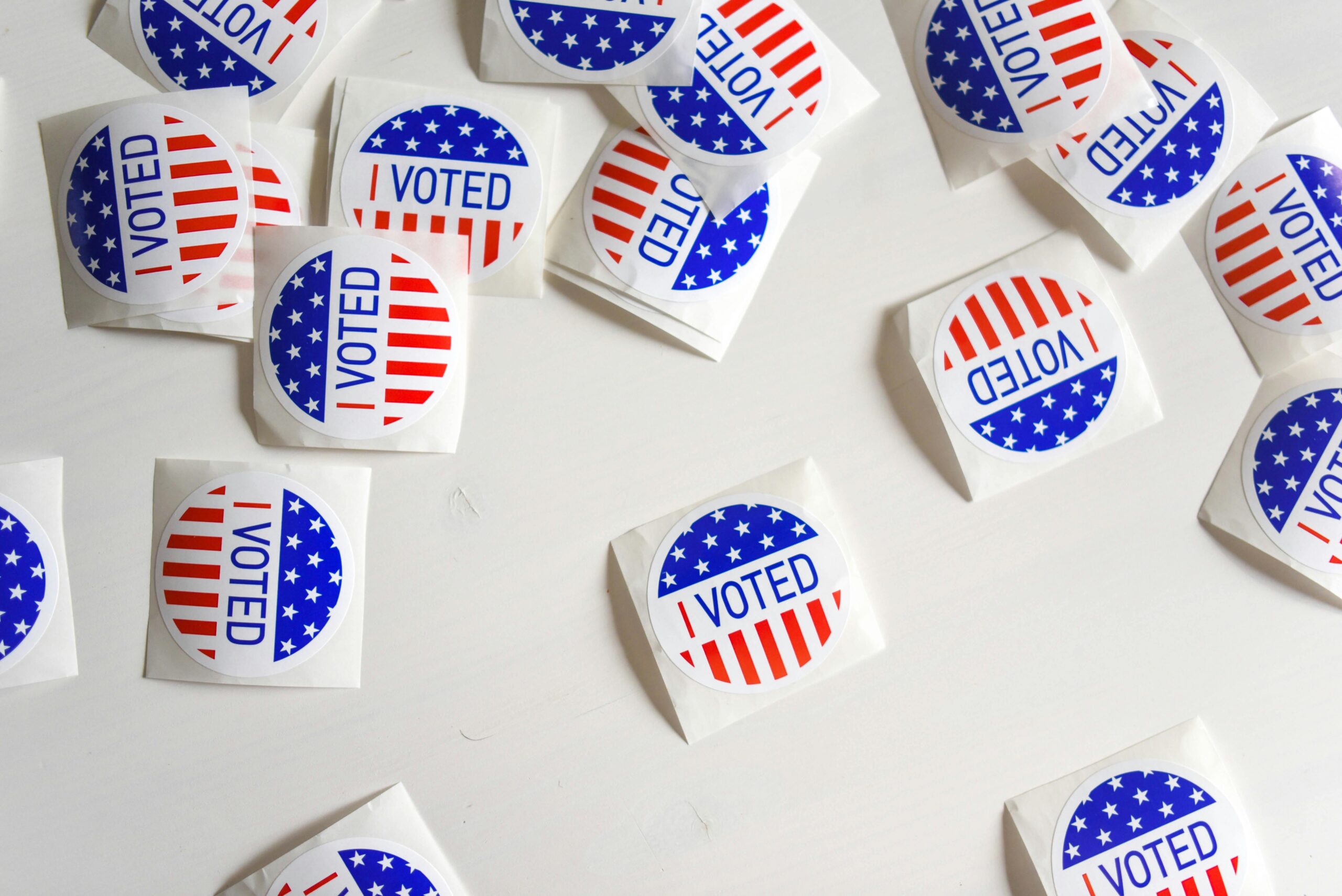Pa. group with former Gov. Tom Corbett at the helm wants to strengthen public trust in elections ahead of November
March 9, 2024 | Sydney Carruth | Pittsburgh Post-Gazette
When Keep Our Republic was founded in the spring of 2020, Jan. 6 held no deeper meaning than the day Congress gathers to count electoral college votes in presidential elections.
But three years after the insurrection — and numerous election lawsuits later — the civic education organization’s goal of demystifying the process of how elections are certified has gained more public interest than its board could have foreseen.
“Our whole goal is to have people trust in elections again, and right now they don’t.”
-Tom Corbett
Tom Corbett is a Republican who served one term as Pennsylvania’s governor, leaving office in 2015, and now chairs the Pennsylvania Board of Keep Our Republic.
With Mr. Corbett at the helm and a host of former Pennsylvania lawmakers, federal court judges and election officials, the non-partisan group is seeking to strengthen public trust in the electoral system ahead of the presidential election this year by educating voters on what happens after they cast their ballots — from their polling location all the way to Congressional election certification on Jan. 6.
The non-profit does so by conducting public election education programs — such as discussion panels staffed by election experts, former lawmakers and law professors — in key counties across Pennsylvania, Michigan and Wisconsin. …


